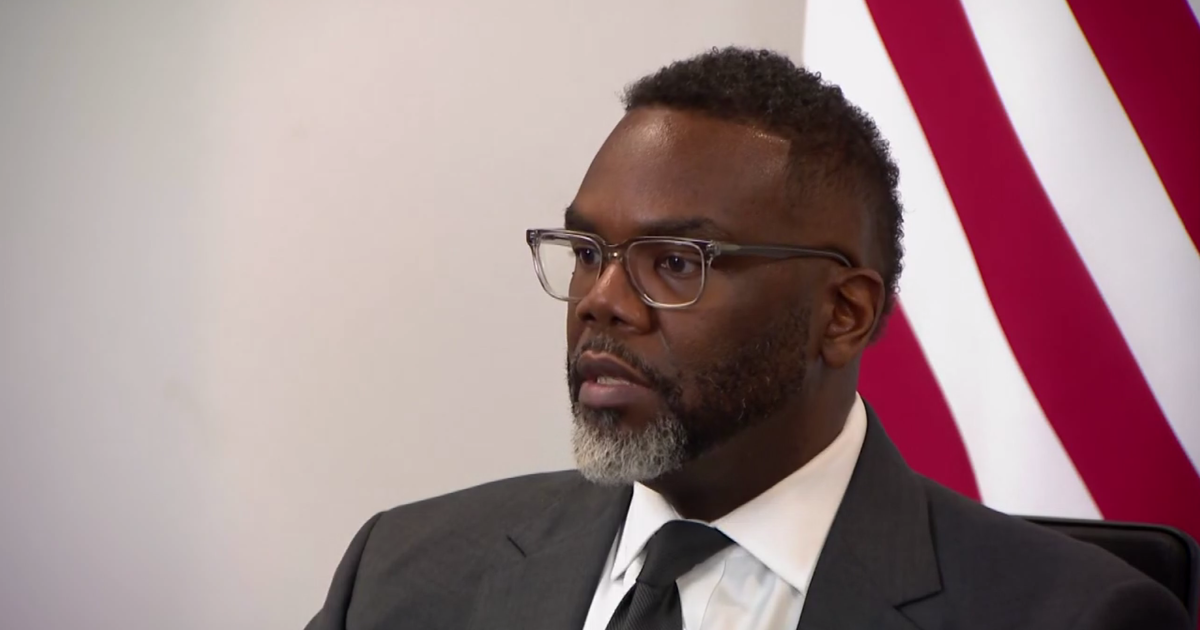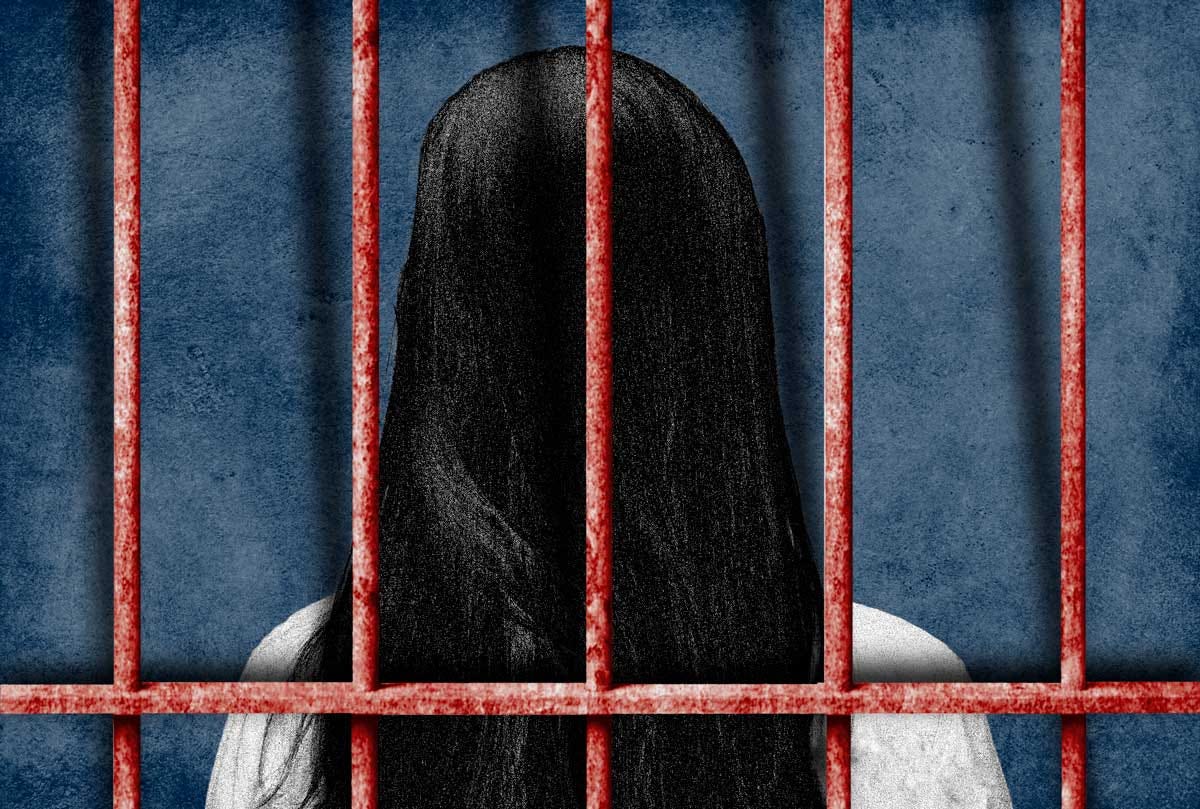Boris Johnson won his confidence vote, but the U.K. leader may still be on borrowed time
London — A weekend rebellion by a British prime minister's own party rank-and-file. A tense Monday, with a nation uncertain whether its top elected official would cling to political life. And then came Tuesday morning, with Prime Minister Boris Johnson still in charge — wounded, but defiantly criticizing his detractors and calling on the nation to move on.
In a secret no-confidence vote in the House of Commons of the British Parliament, 211 Conservative Party members voted in support of Johnson Monday evening. They did so despite significant public anger at the premier, and falling faith in him and his government, over the now-infamous illegal parties held at his own residence during the height of Britain's COVID-19 lockdown.
Johnson has been accused by members of all political parties of hypocrisy and flaunting his own rules. He was even fined by police personally for participating in the booze-fueled gatherings.
But while the 211 votes was easily enough to prevent Johnson's immediate ouster, 148 members of his own party voted against their own standard bearer. It was the worst showing in a no confidence vote for a British leader in at least three decades.
While party rules mean he cannot face another vote of no confidence within a year, if the past serves as any precedent, Johnson won't be resting easy.
Before Johnson, there was Prime Minister May. She won a no confidence vote, too, with 63% support, in 2018. But she resigned half a year later. In 1990, Margaret Thatcher won the confidence of her party with an even more impressive 84% of the votes. But she stepped down just days later.
So, Johnson, who garnered the support of only 58% of his fellow Conservative lawmakers, may be living on borrowed time at Number 10 Downing Street.
The still-prime minister defiantly showed the famous British "stiff upper lip" right after the result of Monday's vote was revealed, however.
"It's a convincing result, a decisive result," he told a television interviewer. "And what it means is that as a government, we can move on."
It was notable that Johnson did not show his face to news cameras on Monday before he sat down for his interview — behind closed doors — after the confidence vote.
He even broke the unwritten rules of diplomatic decorum by not showing up outside the door of 10 Downing Street to greet Estonia's visiting premier. As a wall of TV cameras waited to catch a glimpse of the embattled British leader when his Estonian counterpart pulled up, he remained inside.
When he did leave his residence later Monday, he came out the back way.
On Tuesday morning, Johnson lauded his cabinet ministers and senior aides for their "good work yesterday," which he said was "important because we are able now to draw a line under the issues our opponents want to talk about, and get on with talking about what, I think, the people of this country want to talk about."
One of Johnson's staunch allies, Member of Parliament Shailesh Vara, who was unwavering in his support before the no confidence vote, sidestepped our question about whether the Conservative Party was stronger or weaker with Johnson at the helm.
"Boris Johnson is a winner, and I think that we should not get side-tracked by opinion polls midterm," he told CBS News. "Tony Blair. David Cameron. They all had double-digit negatives in terms of opinion polls when they were mid-term. They went on to win the subsequent general elections. We've got another two or so years before the next general election."
Johnson "has come back from very low positions in the past," Vara noted, "and I very much hope that he would do likewise again."
Other politicians who've remained loyal to the premier will hope the same, but Johnson's viability as a Conservative figurehead will be tested again far sooner than the next nationwide general election.
Right around June 23, there will be two special by-elections in England to fill parliamentary seats left vacant by Conservative lawmakers who recently stepped down in disgrace. One of them resigned after being convicted of sexually assaulting a minor, and the other after getting caught looking at porn in the halls of Parliament.
The Conservatives are widely expected to lose both seats, and the so-called Partygate scandal, along with inflation, will be major contributing factors.
Johnson is still facing an investigation into whether he misled the House of Commons over Partygate, too.
And while the current rules mean he can't face another no confidence vote for a year, there's even a new discussion about changing those rules, which could make room for another rebellion.





